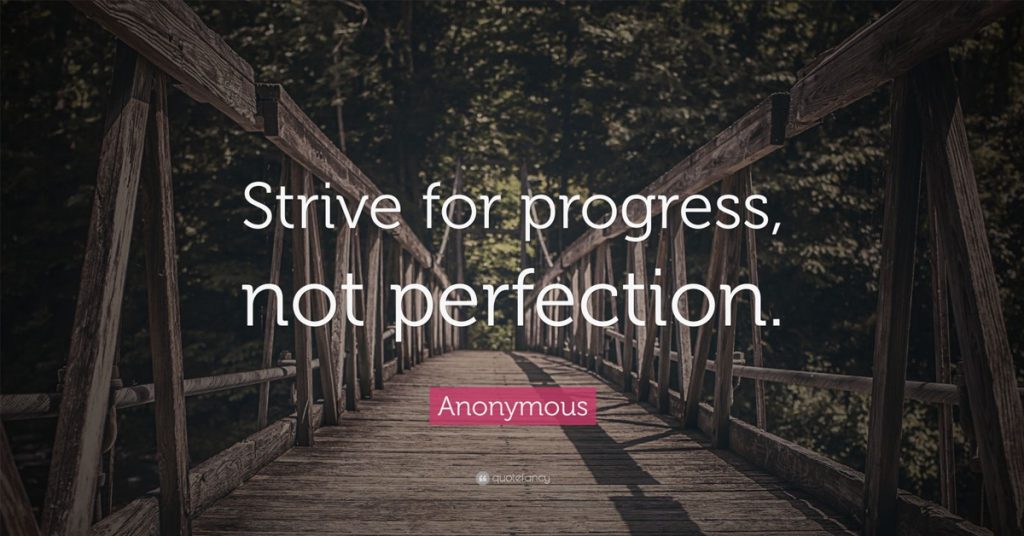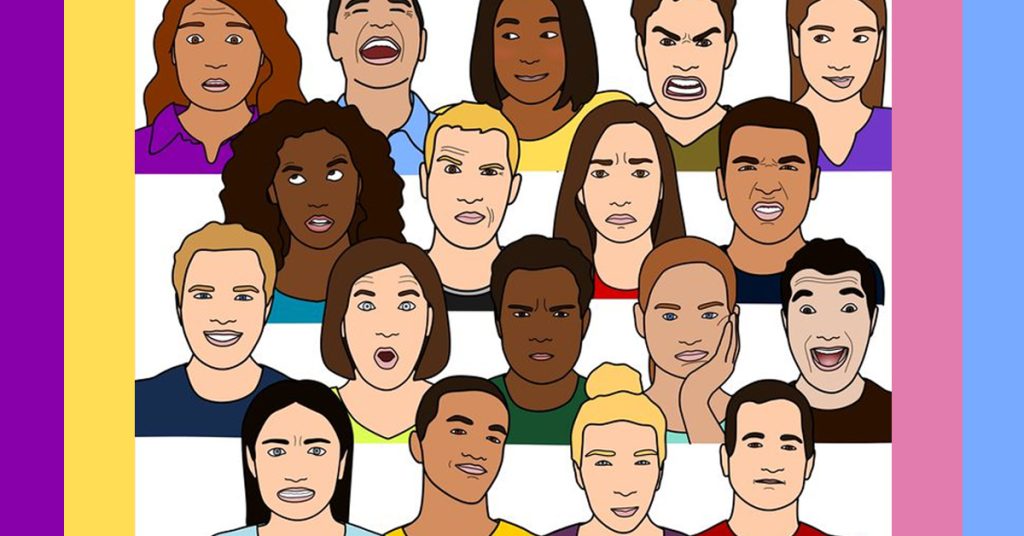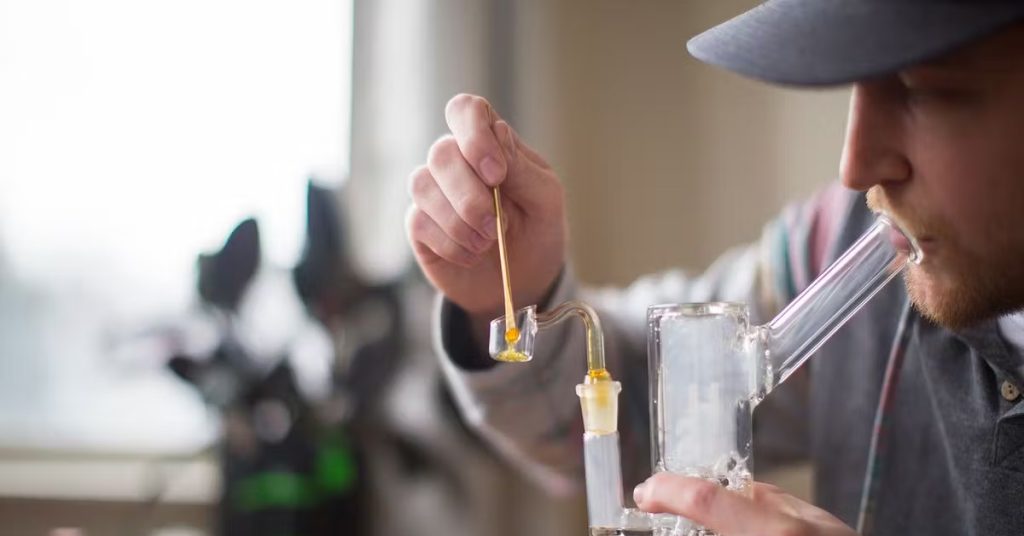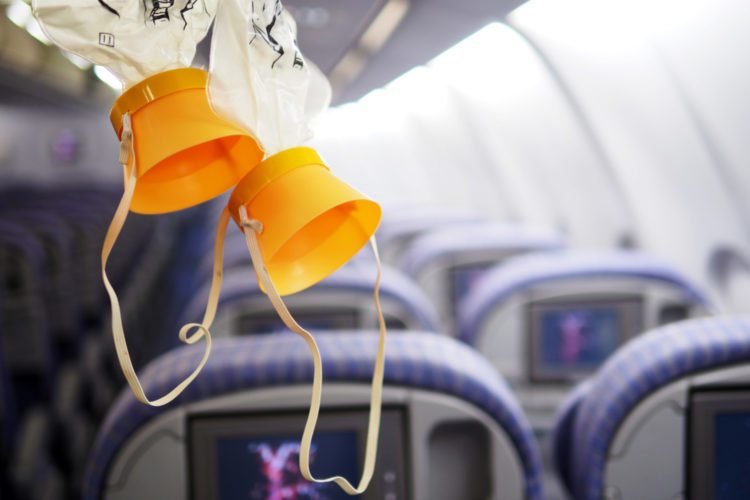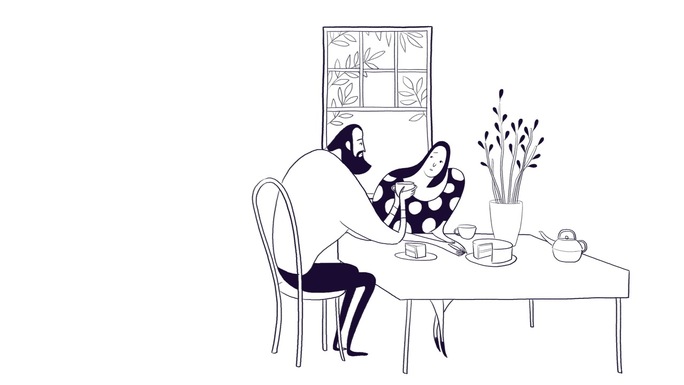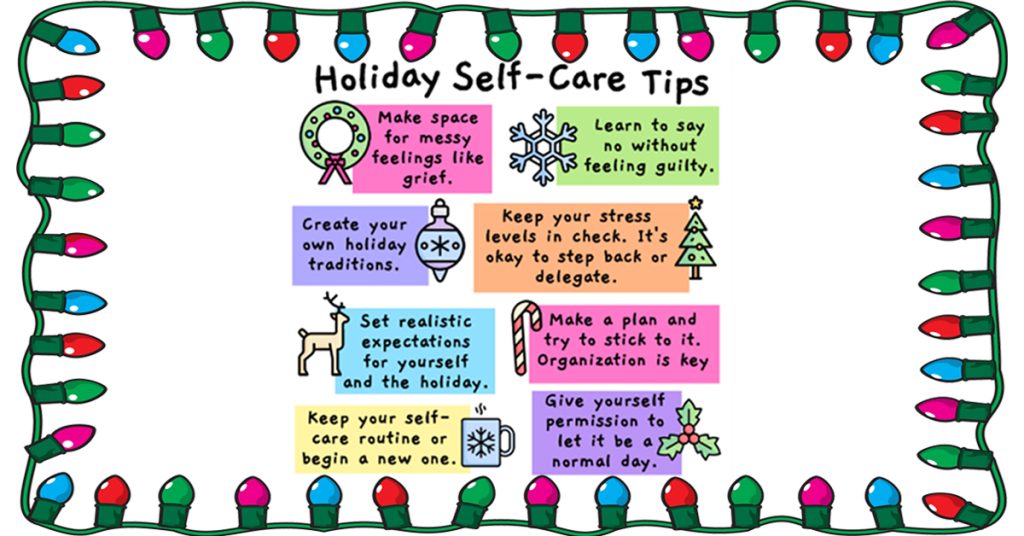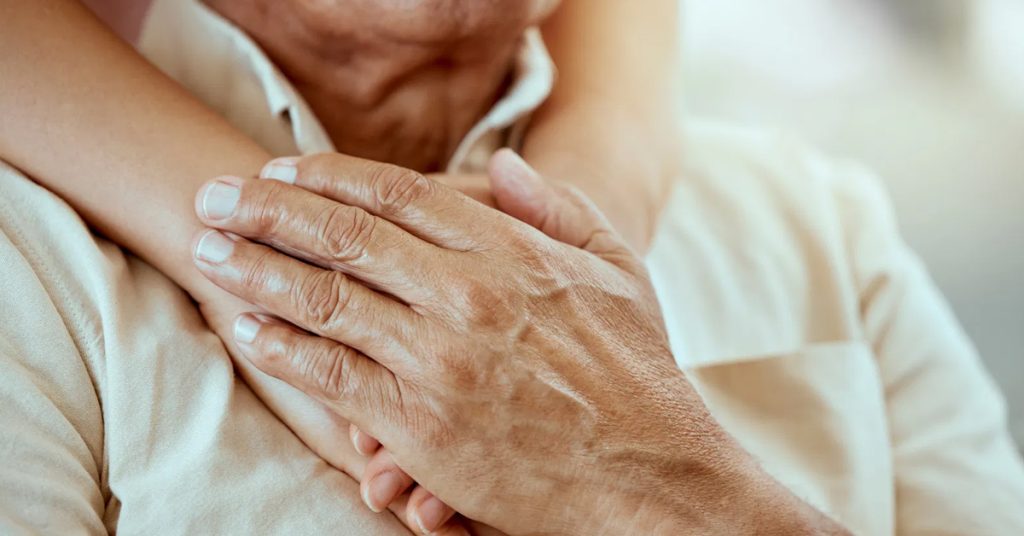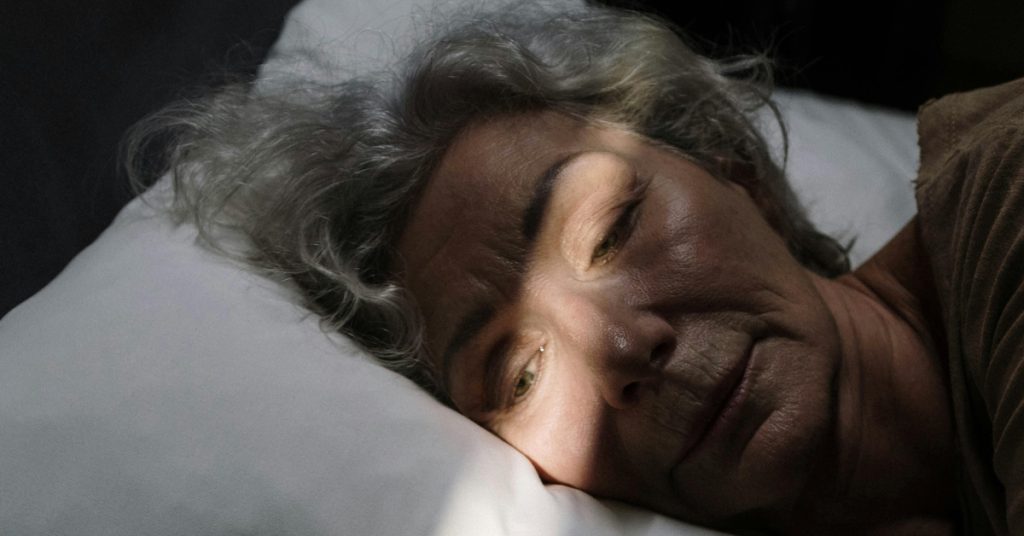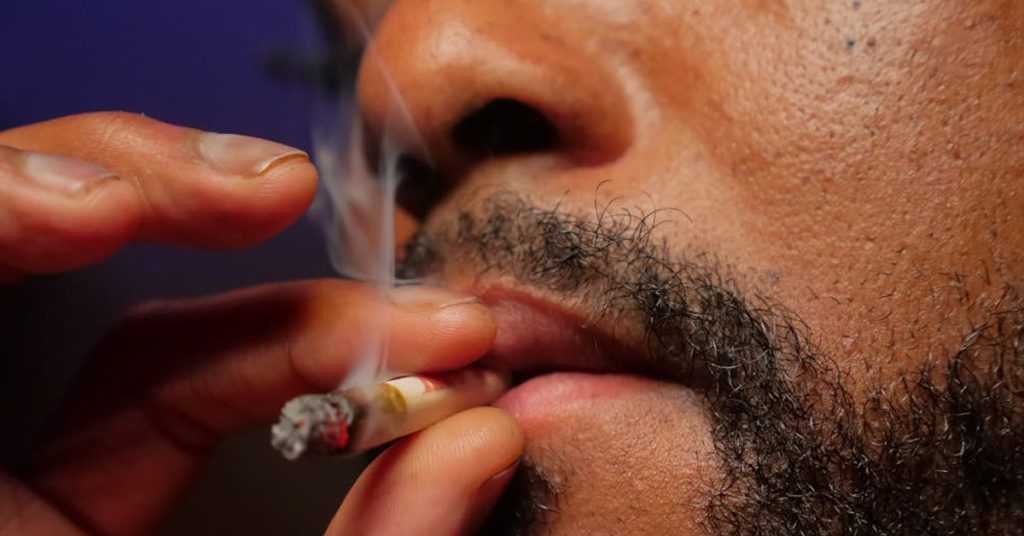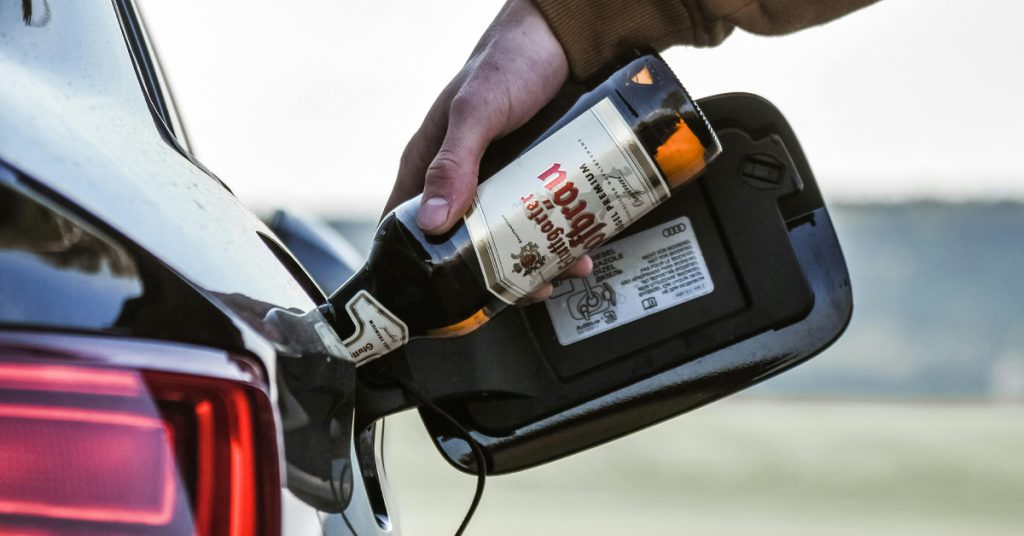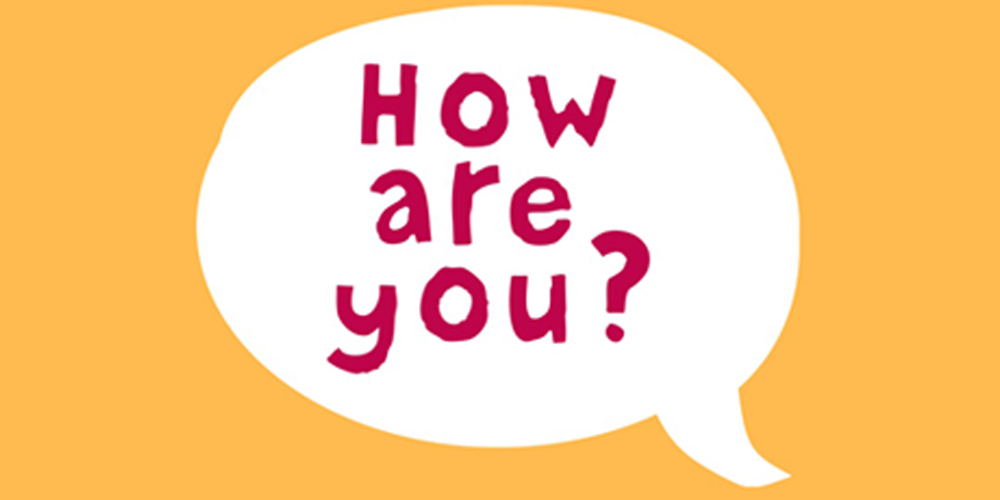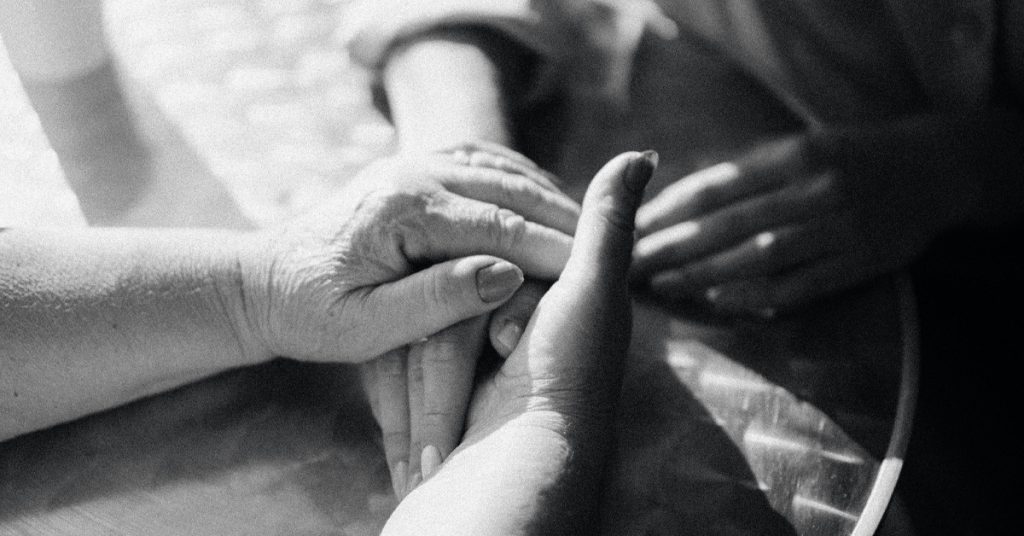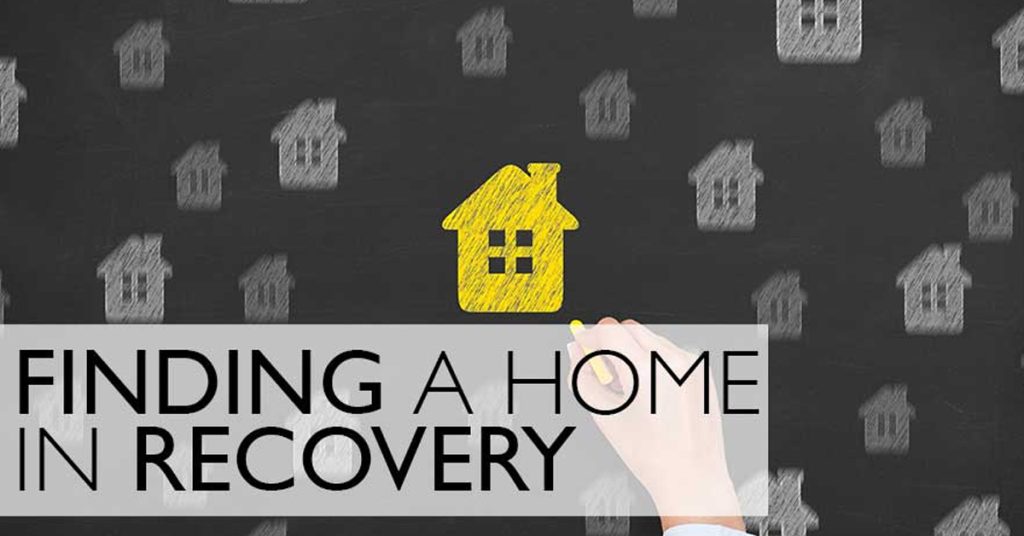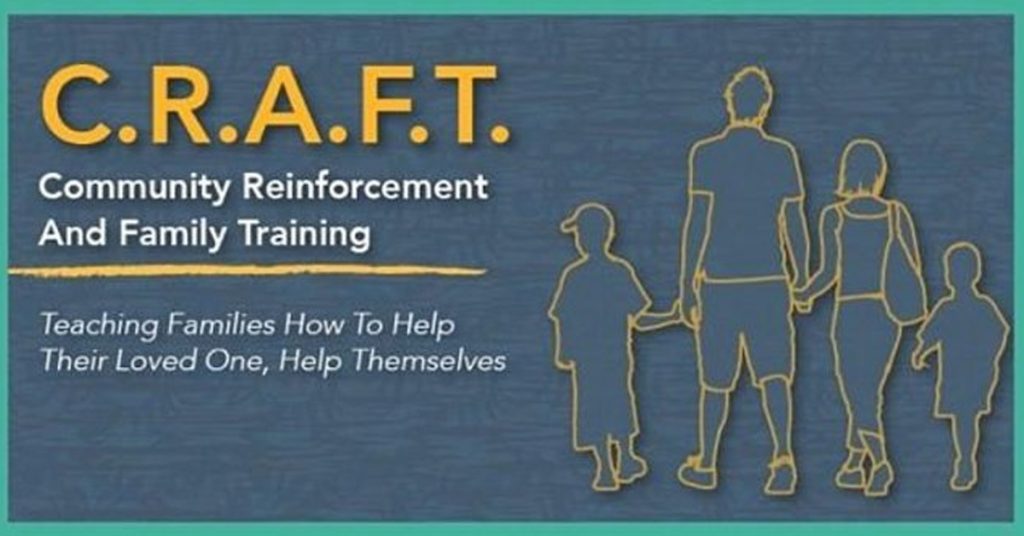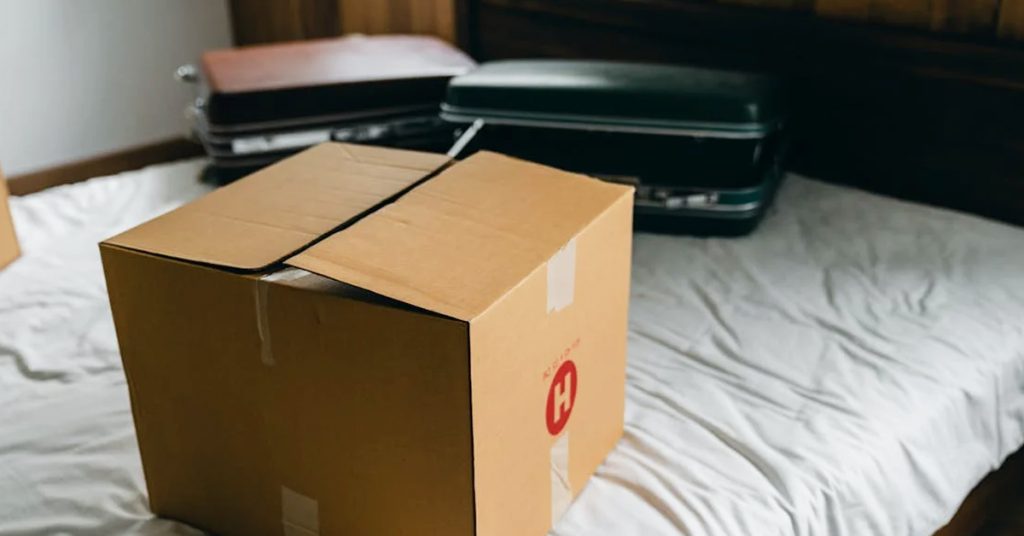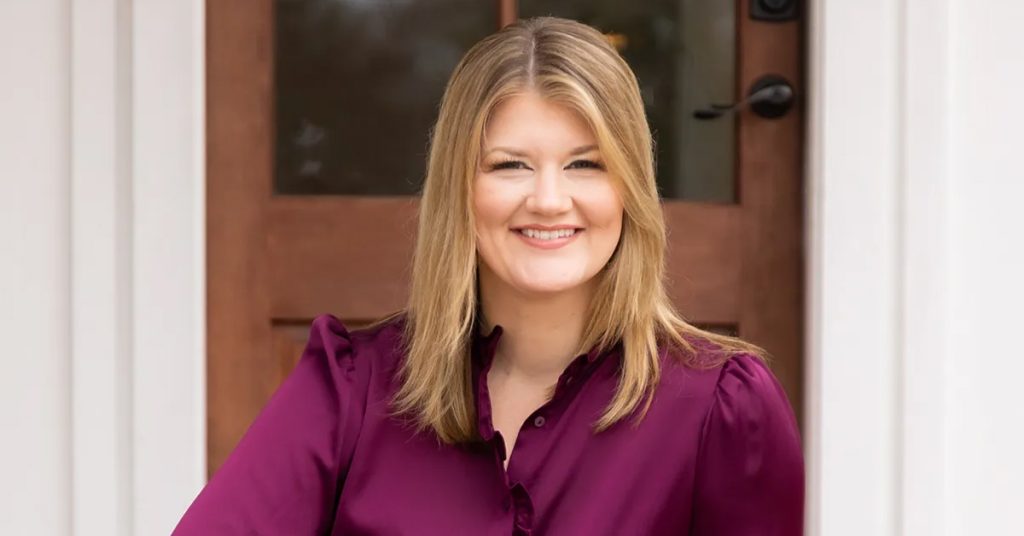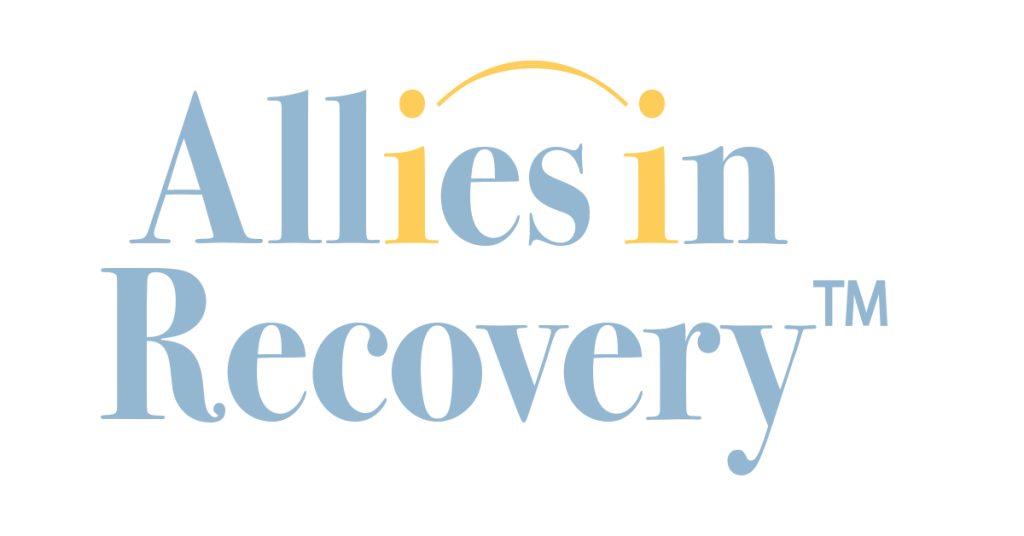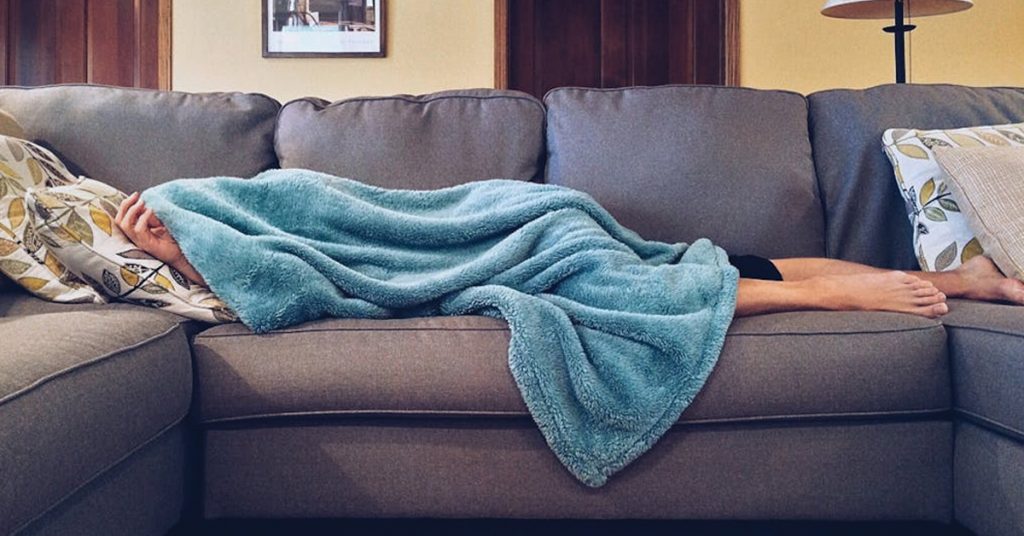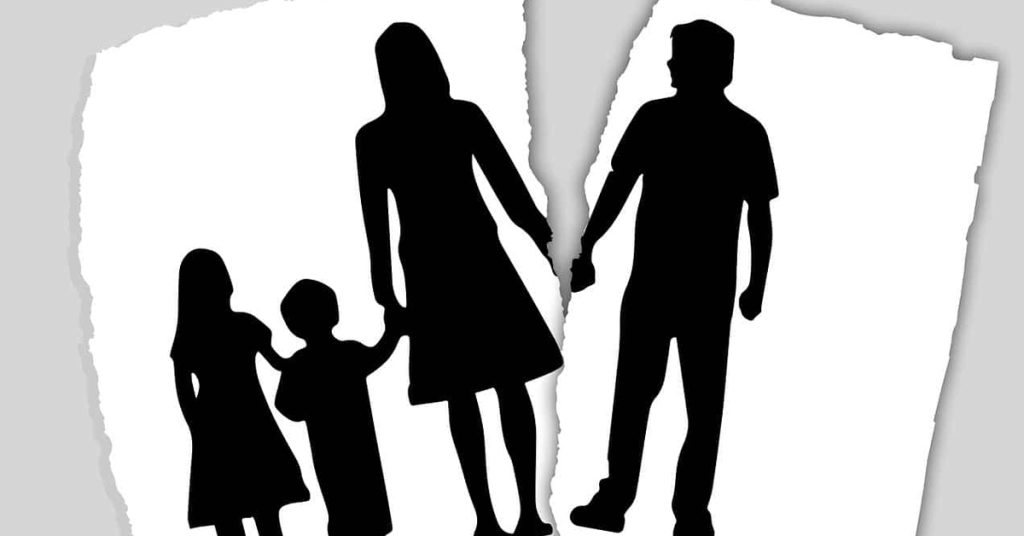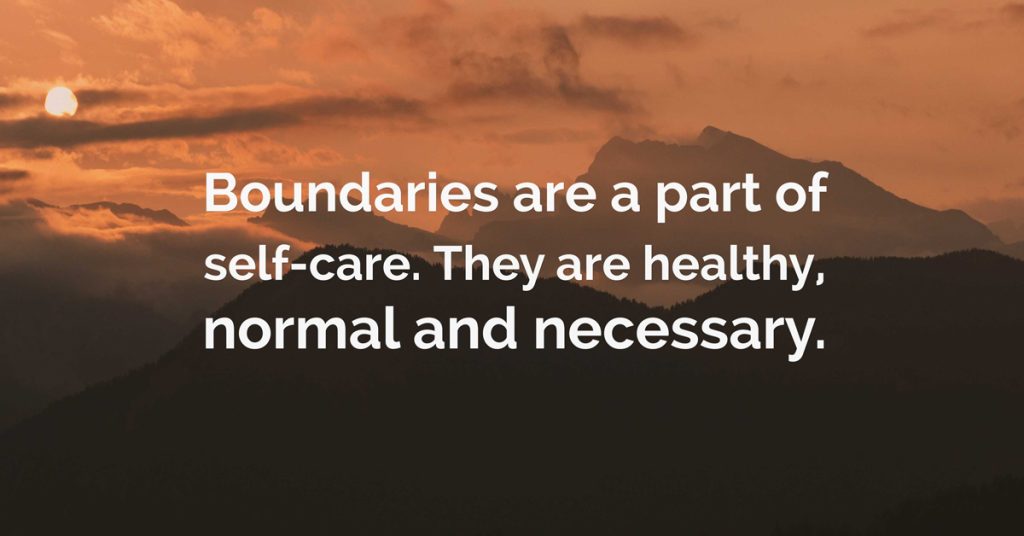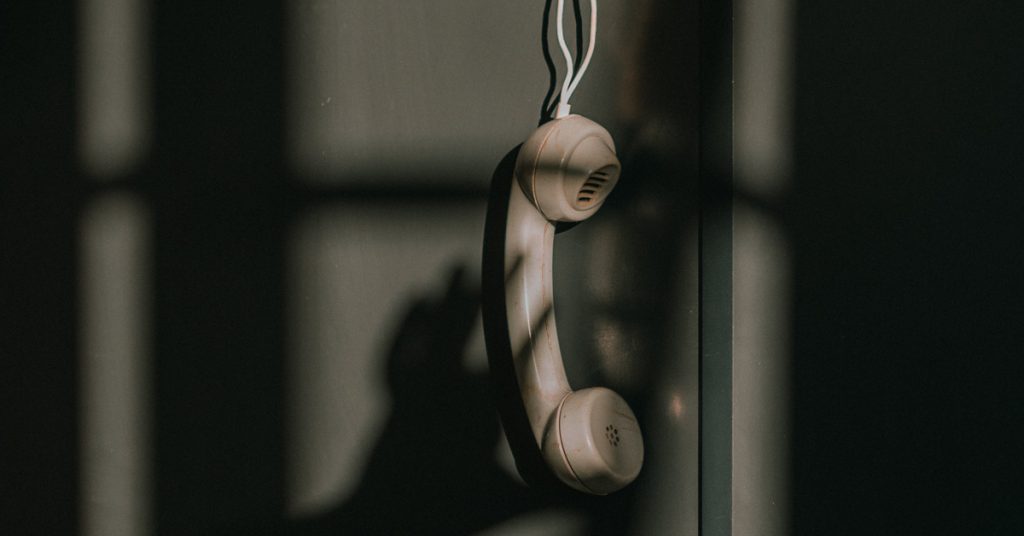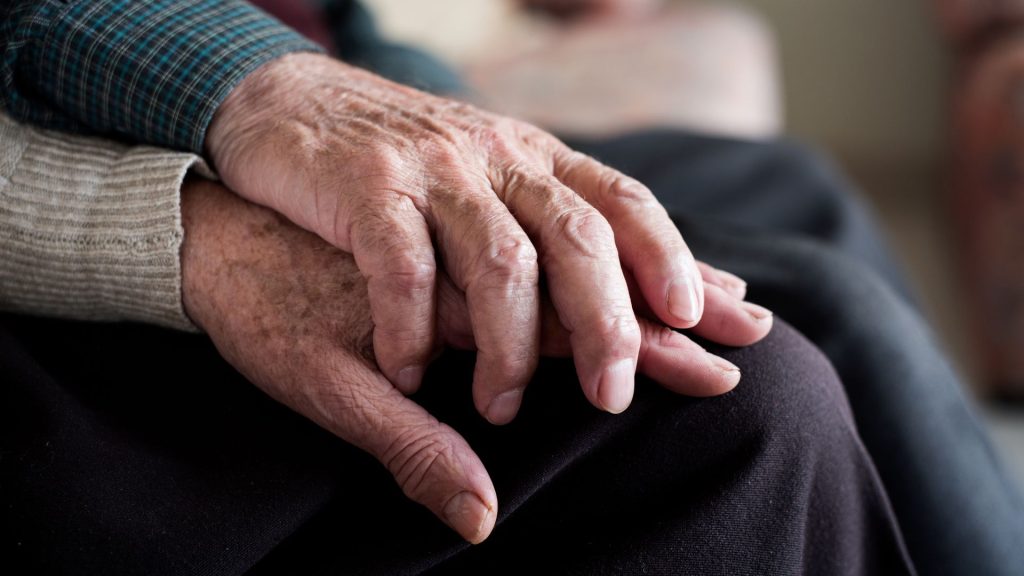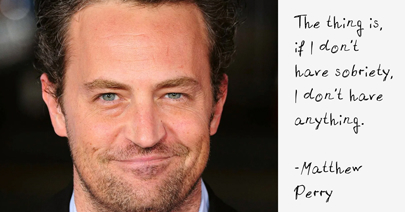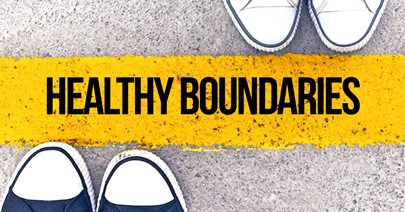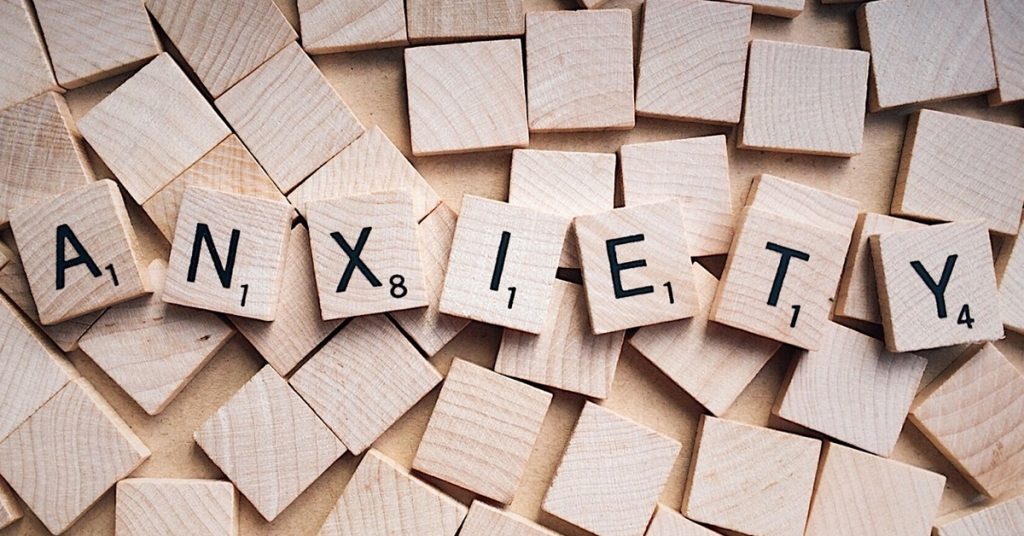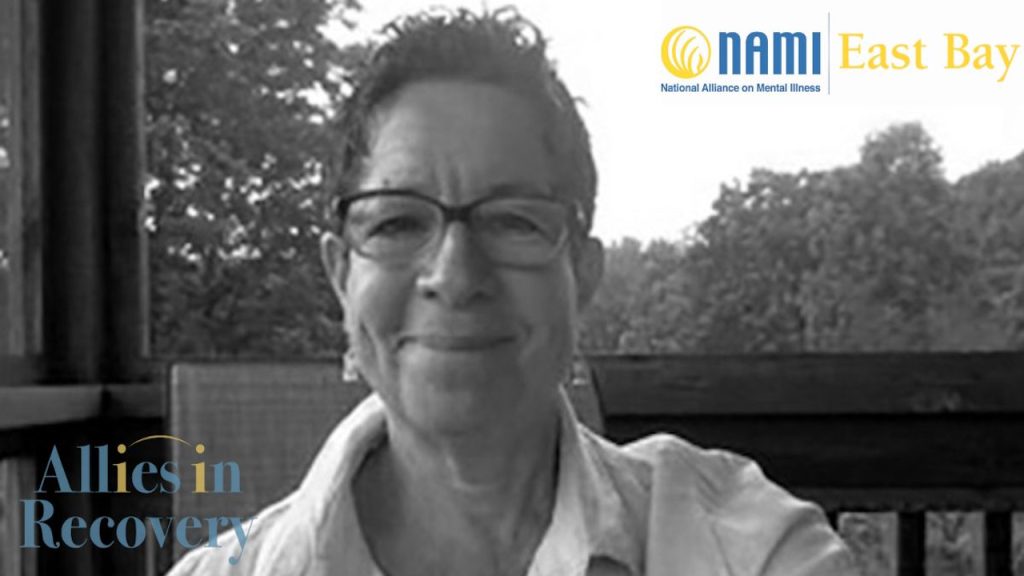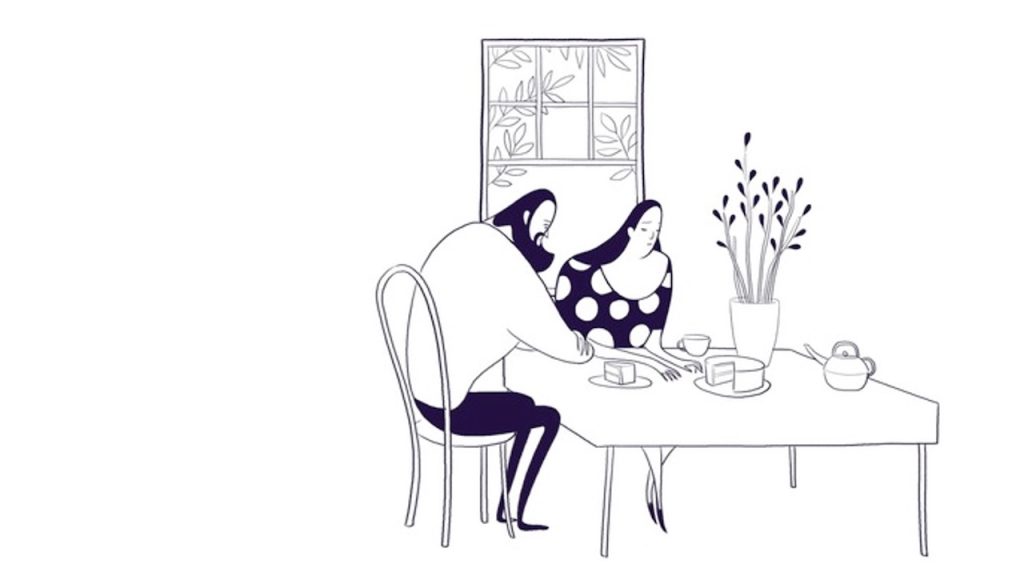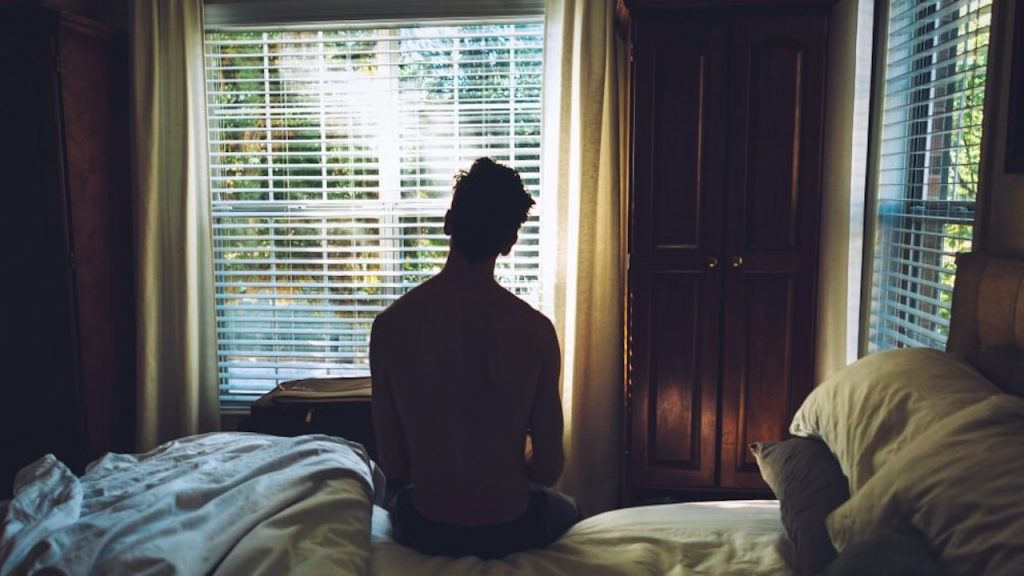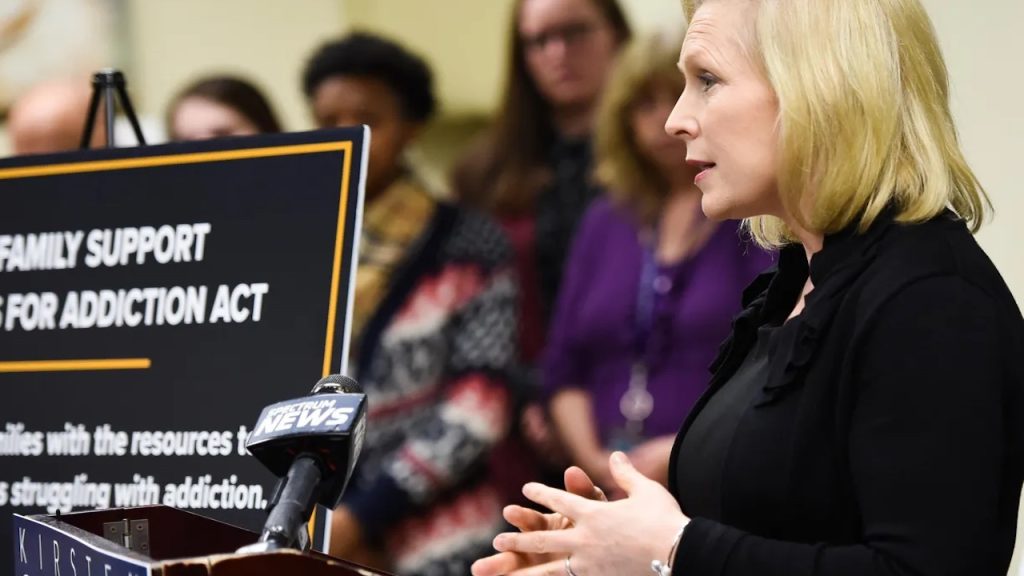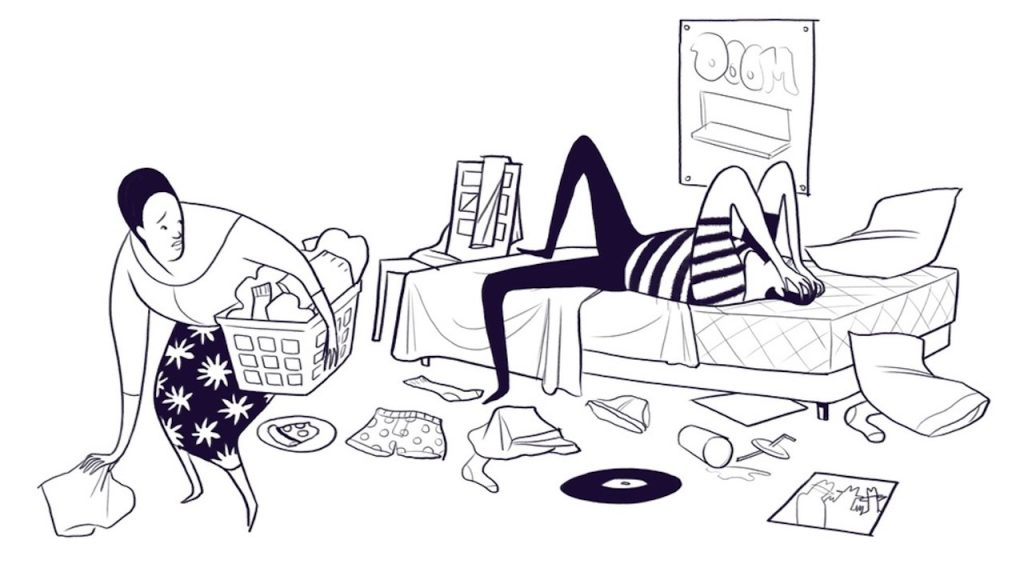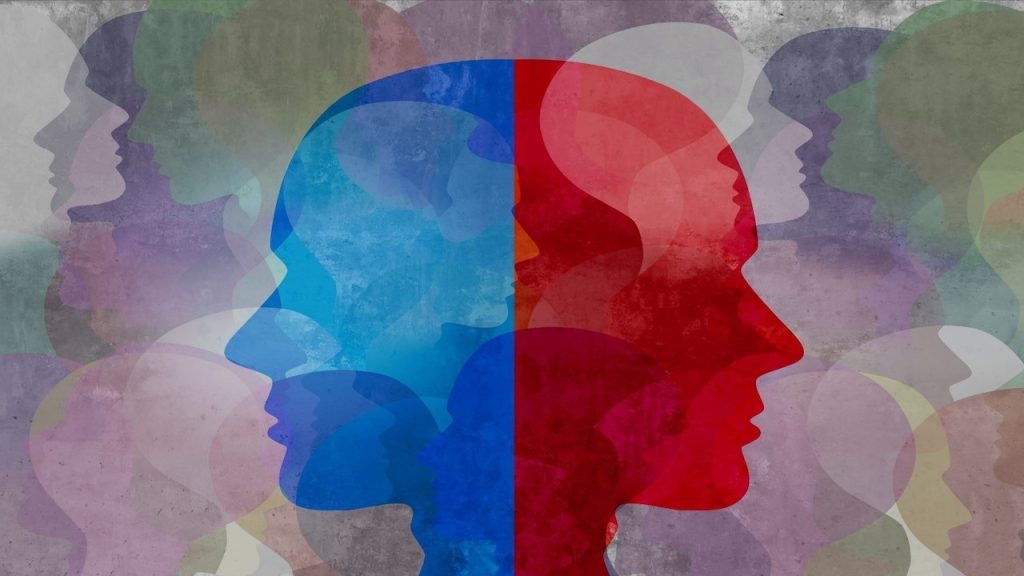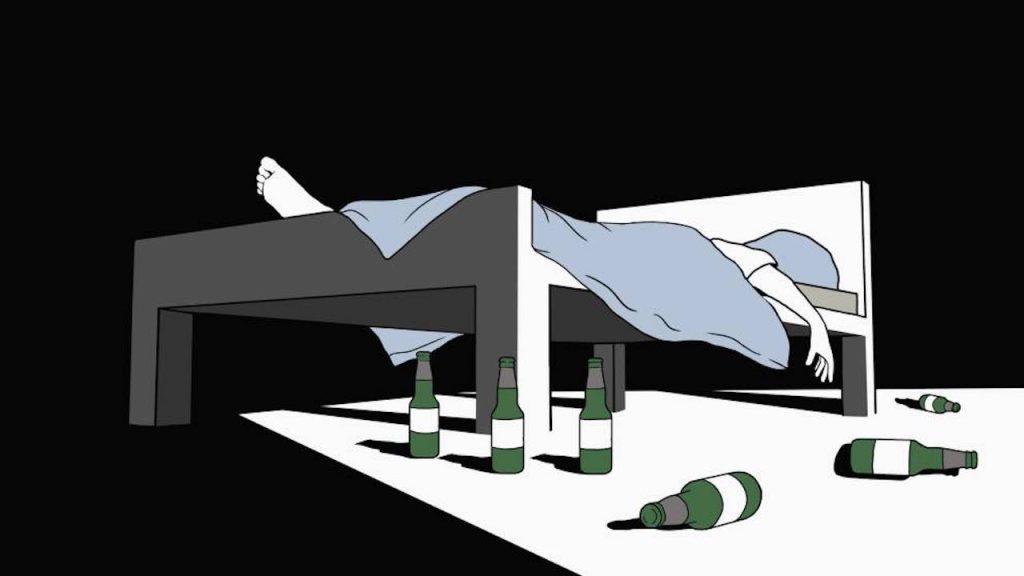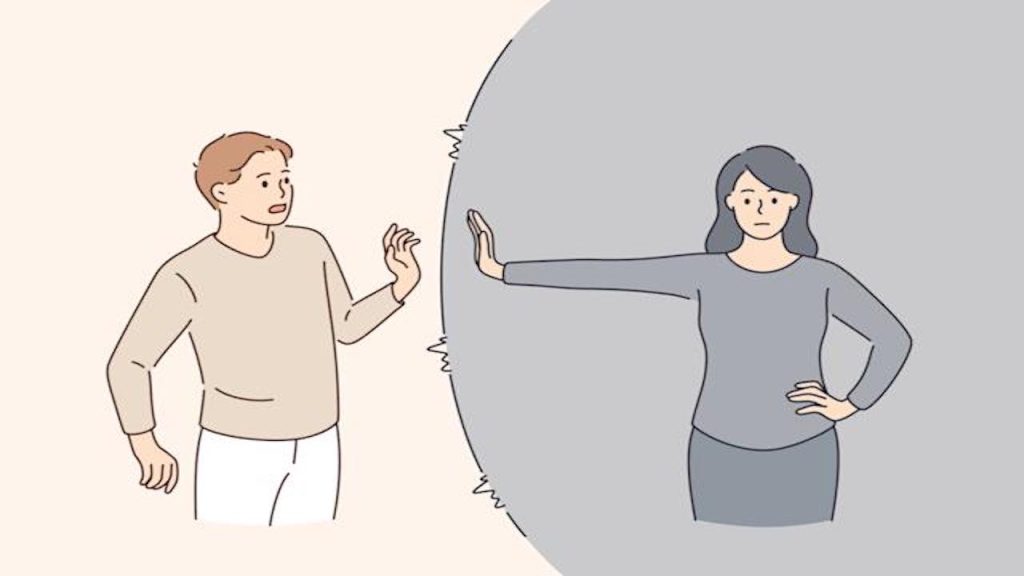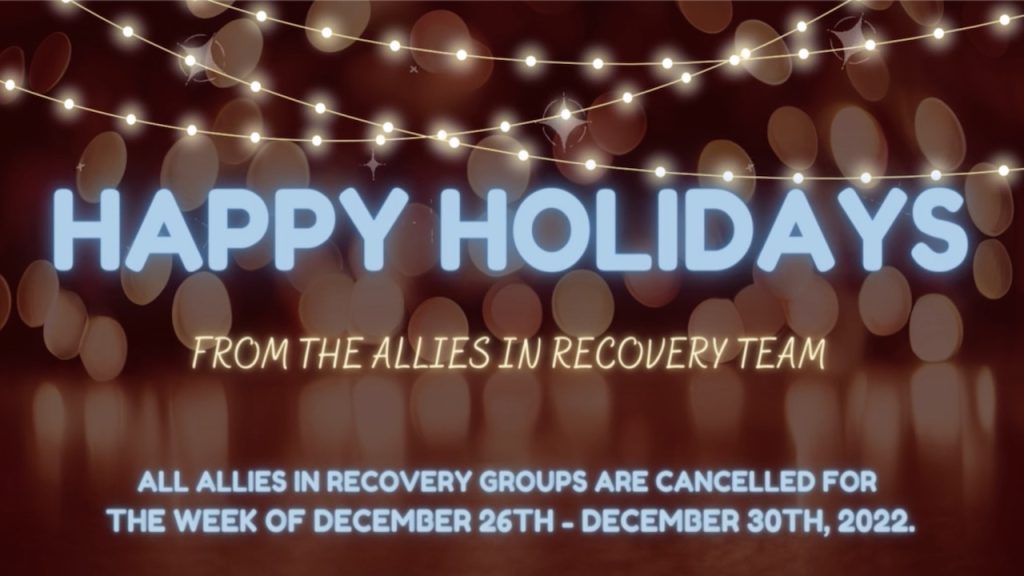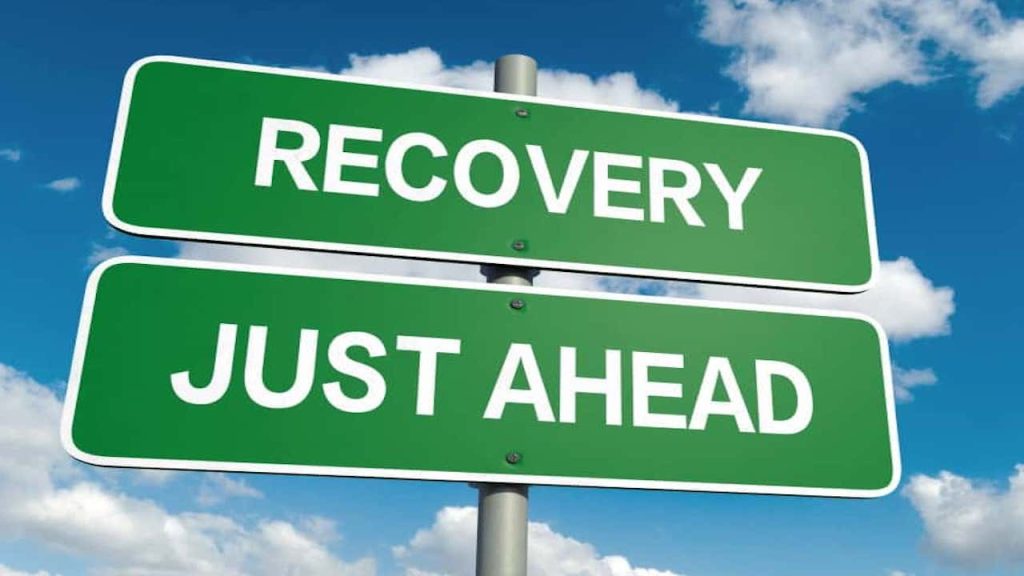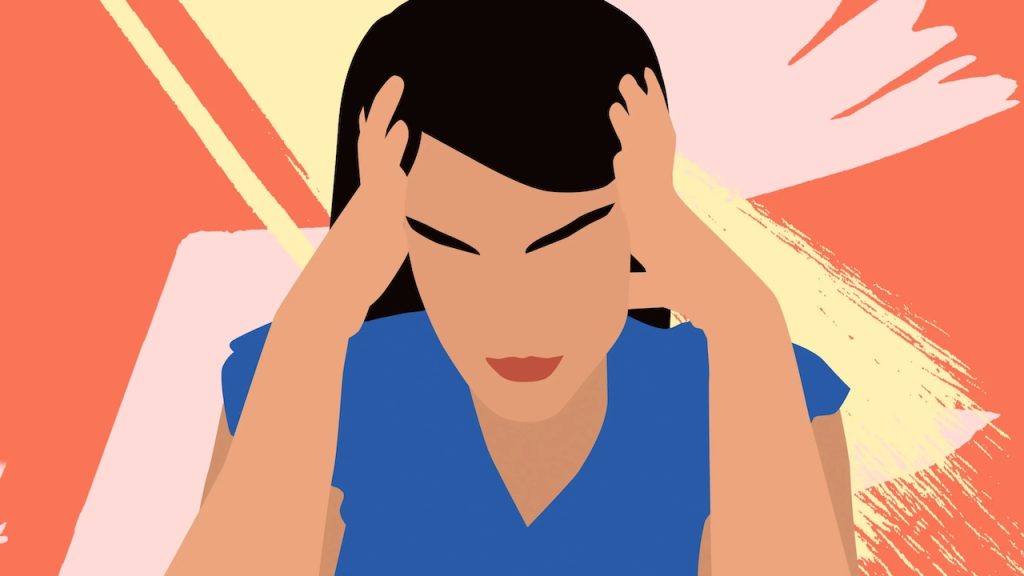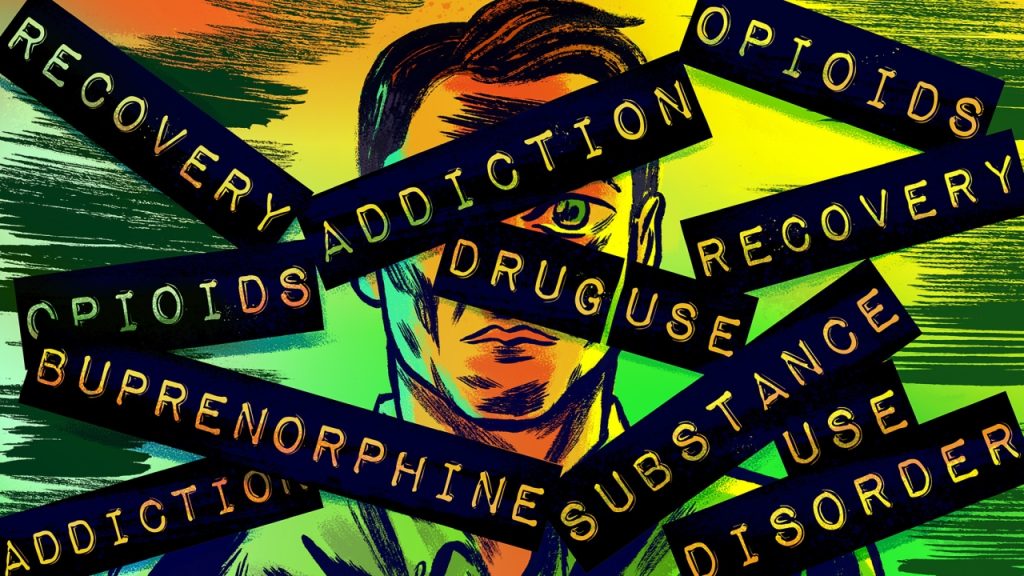Who Should Pay for Sober Housing?
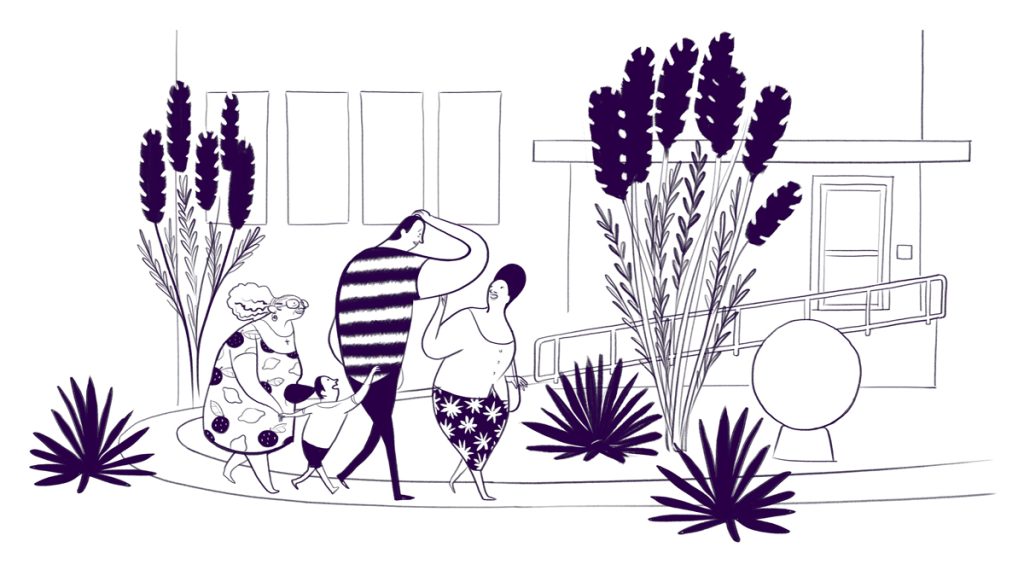
One of our Allies in Recovery members wrote in, very concerned about how her son’s aftercare is supported and followed up. He has been allowed into sober housing on condition that: he report to a sheriff’s office 2 -3x/week, follow through with probation and also attend another program. She wonders how he will find employment while meeting these requirements and yet he also needs to start paying his rent.
Above all, she worries that for someone in early sobriety, this may be too much to handle.
This post recently appeared on the Allies in Recovery member site. It will give you a taste of the many resources we make available to our members, and how they will help you help your loved one.
Dominique Simon-Levine responds to this mother’s concerns below.
Your comment underscores the problems that people in early recovery frequently have in trying to get their life back on track. So much damage is done in active addiction. It’s uncanny how often things fall apart even more in early sobriety. I have known so many people who get sober only to be socked by the loss of an apartment, a relationship, a job, a source of income, or debt collectors. Somehow, when they were actively using, the problems were kept more at bay. It all seems to come crashing down at once. This precisely when the loved one is vulnerable and raw, with a very small arsenal of coping skills.
In answer to your question, treatment is underfunded and limited to a narrow definition of substance abuse treatment. Treatment doesn’t see its role as helping the newly sober person to manage financially. They rarely ask the question, “So where is the job?” … “How is this person going to pay for the sober house?” … “How is this person going to get to their appointments?” They certainly don’t see their role as providing inpatient treatment until such time as the person is financially stable.
As you have learned, solutions to these questions frequently fall back on the family.
Aftercare planning has improved greatly across the treatment system.
Programs have put in place regular phone calls with discharged clients, phone counseling, follow-up groups and more. But the problems of job training and securing work, transportation and childcare remain huge concerns for those trying to get back on their feet. When hit in the face with these problems, the job of staying clean and sober can be extra daunting.
Good sober housing, in my mind, works with residents to find work, and doesn’t charge them for living expenses until they can pay. Families may still need to help for a month or two, but ideally that stops. The sober house ideally will have helped the new resident get plugged in to work and transport.
Time for some rewards
I am thrilled to hear your son has 3 months. The system has colluded to help with this. From your comment it sounds like criminal justice is involved and the public treatment system in Massachusetts provided solid treatment.
Each step back into the community is going to be a time of more insecurity for the person in very early recovery and for the family, there is no denying it. Financial problems are the norm and many posts on our member site address the role families can or should play financially and in terms of housing. (Become a member of Allies in Recovery to read all our posts on sober housing/sober living.)
There isn’t much else you can do. Take him for an inexpensive meal and tell him you’re proud of him. Stop by the sober house with some groceries. Perhaps take him for a ride in the country on a sunny day. Find ways to reward this huge risk he is taking in living life sober. (For more explanation on using rewards with a loved one, see this excerpt from our eLearning program)
We need a system that defines recovery from addiction as more than the biological or the psychological. Furthermore, we need a system that appreciates the need for good work and financial stability, passionate pursuits, and healthy living and community.
We will be rooting for your son.
A membership at Allies in Recovery brings you into contact with experts in the fields of recovery and treatment for drug and alcohol issues. Our learning platform introduces you to CRAFT and guides you through the best techniques for unblocking the situation. Together we will move your loved one towards recovery. Learn more here.

